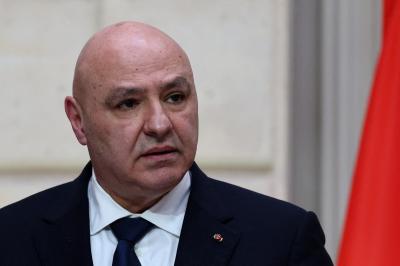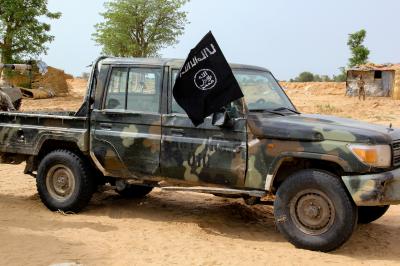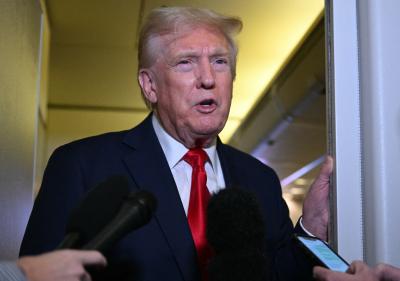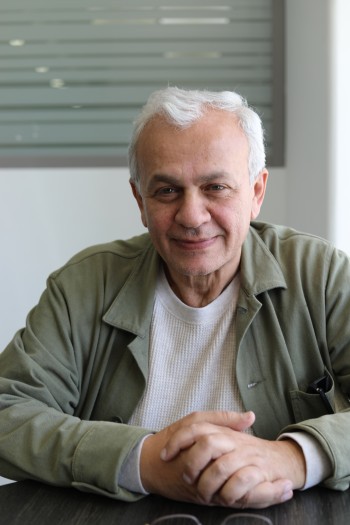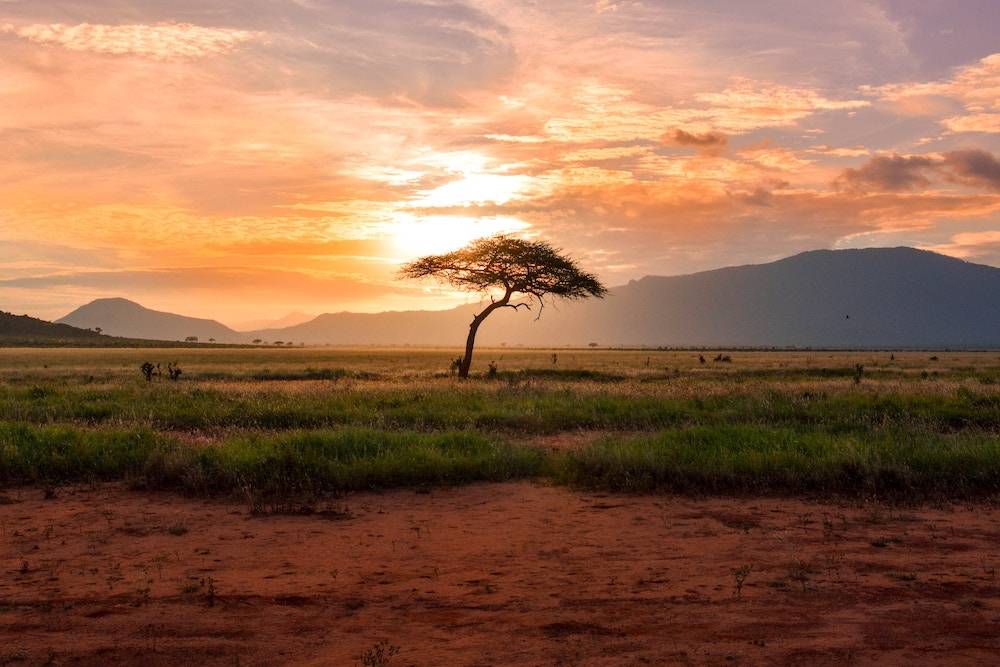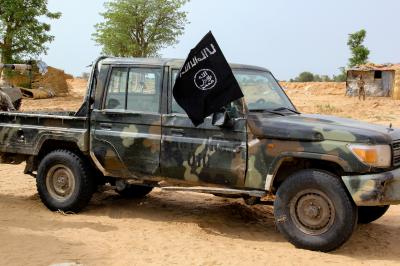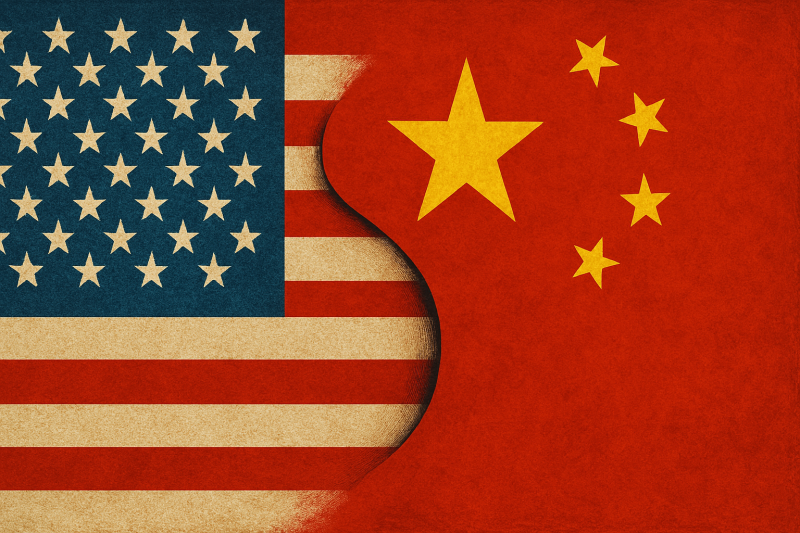The competition for control of Niger is shaping up as a significant challenge.
If speculations and narratives about the intervention of the "Wagner" group in the recent coup d'État in Niger are confirmed, Moscow would have completed its Russian crescent in the sub-Saharan region of Africa, after penetrating Burkina Faso and Mali and having positioned its pawns in Central Africa, Sudan, and Ethiopia. On the other hand, France, one of the main former colonial powers of the African continent, would find itself on the brink of losing one of its most significant African strongholds in an international influence war between major powers, which has already begun and the outcomes of which are hard to predict. France did not view African countries that gained independence from Paris as sovereign partners but treated them as former colonies that were to be exploited, primarily providing raw materials and cheap labor at paltry prices, to the detriment of the health, education, and livelihood interests of their populations. By adopting this approach, France has maintained its central role in Africa, but its influence has significantly waned. Its appeal to Africans collapsed after failing to impose stability in the regions where it was present on the continent, and its selfish interests have led to the rise of violence, terrorist movements, economic deterioration, and the dominance of authoritarian regimes.
The competition for control of Niger is shaping up as a significant challenge. After being ousted from Mali and Burkina Faso, France has deployed its troops towards Niger, where nearly 1,500 French soldiers still support the national forces in their fight against Islamist jihadist groups. Meanwhile, around a thousand American soldiers are stationed in Agadez, which has become the operational center for American drones in Africa, mainly in Somalia and Libya. Thus, for the United States and France, withdrawing from Niger and preventing it from falling under Russian influence, like Mali and Burkina Faso, does not look like an easy task.
In this shifting context, Paris and Washington have encouraged the nations of the Economic Community of West African States (ECOWAS) to gather under the auspices of Niger's president and Western ally, Paul Tino, on July 31st. They issued a warning to the coup instigators in Niamey, urging them to release the former pro-French president, Mahamadou Issoufou, and to restore civilian governance in the country, under threat of military intervention. The battle for Niger, a strategic territory, is shaping up as a significant stake, and foreign rival forces, like Russia, China, and Turkey, continue to shape the destiny of this crucial region of Africa.
If ECOWAS truly opts for a military intervention, this decision could trigger a high-risk regional dynamic, prompting major powers to enter the arena. At the same time, a military operation led by ECOWAS could find favorable reception from the United States and France, potentially opening the door to a repeat of the Libyan scenario of NATO's intervention which toppled Muammar Gaddafi's regime in 2011.
In this boiling environment, many nations, especially the Arab states of Africa, could be impacted by the repercussions of instability in Niger. This country holds crucial strategic importance for Algeria, with which it shares a border of about a thousand kilometers. Both nations are also members of the G5 Sahel group, which includes Mauritania and Mali, which could influence their collaboration in the fight against terrorism, organized crime, and illegal immigration. Thousands of irregular migrants cross Niger headed for Algeria along this common border. Moreover, Niger represents a vital corridor for Algeria towards Central Africa, thanks notably to trans-Saharan road infrastructure projects connecting Algeria to Nigeria via Niger, as well as optical fiber installations and a pipeline carrying Nigerian gas to Europe, passing through both countries.
The Algerian oil giant Sonatrach also signed an agreement in February 2022 with Niger's Ministry of Energy for the co-exploitation of the Kafra oil field in the north of the country, with reserves estimated at around 400 million barrels. All these agreements and strategic interests are now under threat following the coup d'État in Niger.
Libya will not emerge unscathed from this situation, given that President Bazoum is from the Libyan Ouled Slimane tribe, whose influence stretches from the Libyan city of Harawa, on the Mediterranean coast, to southern Chad, passing through central Niger. In recent years, Libya has already experienced instability in Niger, with the involvement of armed Nigerien groups in various conflicts. Due to Niger's economic fragility, factions in conflict in Libya can easily recruit mercenaries to fight alongside them, or even protect oil fields and vital infrastructure in remote areas, particularly in the south. If Niger sinks into instability or chaos, many Nigeriens might seek refuge in Libya, which doesn't have the necessary means to secure its borders. This could also lead to an intensification of human trafficking along its western coasts, close to Malta and Italy, as well as smuggling of weapons and fuel along its borders.
Moreover, the return of elements from the "Islamic State" organization to Libya poses a serious threat, stemming from their defeat in their stronghold of Sirte at the end of 2016, and their subsequent flight to regions of the Sahel and the Lake Chad basin, particularly in Nigeria. If the situation deteriorates in Niger, this could provide terrorist groups the opportunity to reactivate a corridor connecting Nigeria, Niger, and Libya. Niger plays a pivotal role as a transit point for extremists between their main strongholds in Iraq and Syria and their new bases in Nigeria and the Lake Chad basin. Furthermore, gas transportation projects from Nigeria through these two countries, as well as the rail link between Chad, Niger, and Libya, could also be put on hold as a result.
Sudan, scarred by conflicts, does not share direct borders with Niger, but they are separated by a vast desert where tribes connected by ethnic and religious ties intersect. Any collapse of stability in Niger will have repercussions on the Sudanese theater of hostilities, and vice versa. Niger, in particular, abounds with mercenaries and adventurers in search of gold and fame, who played a central role in the Libyan conflict, alongside armed factions associated with Sudan's Rapid Support Forces. The Mahamid tribe, from which many fighters of the Rapid Support Forces hail, extends into southern Niger, specifically in the state of Diffa, where they settled in the early 1980s.
 French
French


